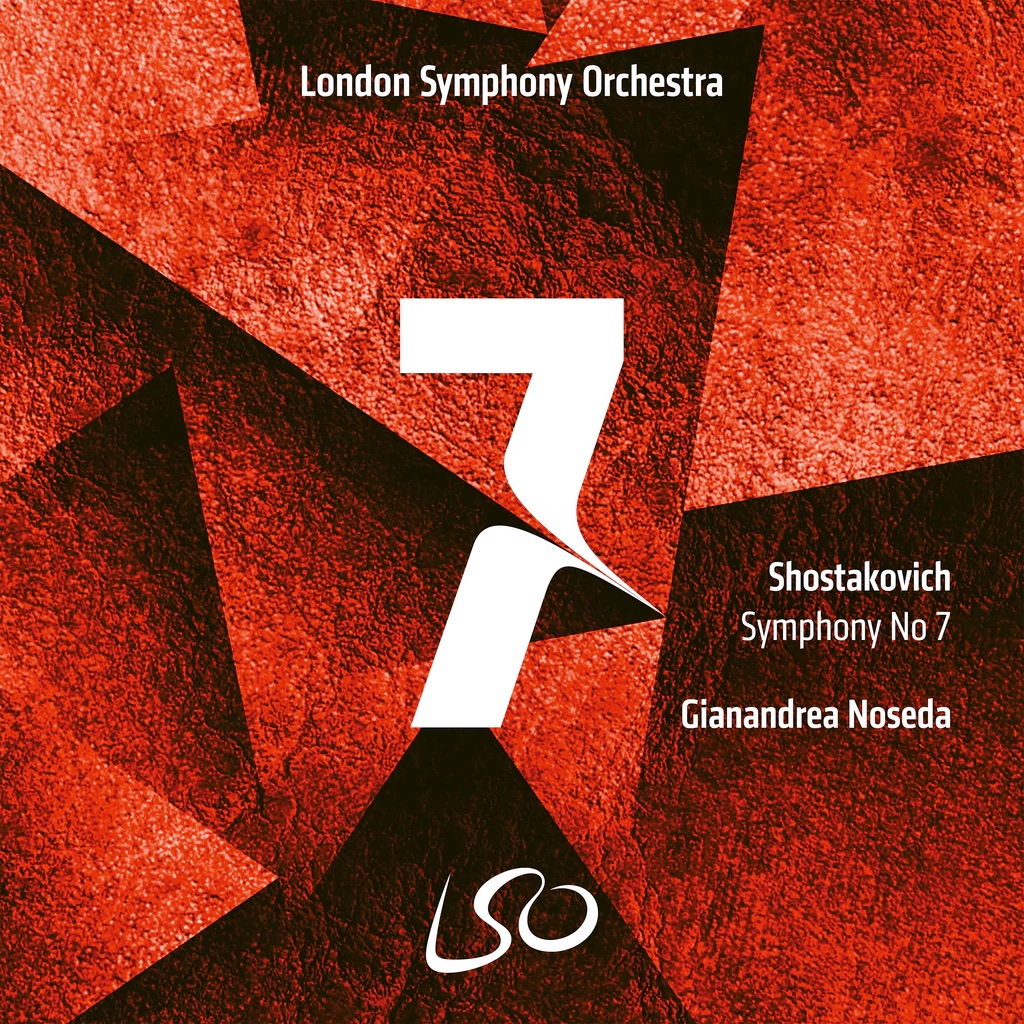Symphony No. 7 Leningrad
London Symphony Orchestra
Gianandrea Noseda Conductor
LSO Live LSO0859
Full price

The Review
It is salutary to listen now to this symphony, written at the height of WW II as the appalling toll of the Nazi siege of Leningrad became clear; salutary because the recording appears as Stalin’s successor psychopath, Putin, is unleashing similar barbaric horrors on the cities of Ukraine.
It is perhaps, just as well that this performance in December 2019 was conducted by Noseda and not the conductor with whom the LSO formed such an unhealthy bond, Putin’s chief artistic apologist, Valery Gergiev, a man who should never again be seen in civilised society.
Shostakovich’s brutal score presents the relentless advance of military invasion in the first movement through a combination of mindless repetition and percussive battering. Nothing is subtle, everything is brash and cruel. This is the orchestra as aggressor. The first half hour is intended to strike fear into the listener and it does. The few moments of quiet are not calm, they are of trepidation and exhaustion or wistful memories of life before war and repression (not that there were many of those in St. Petersburg in the first decades of the last century).
In the two middle movements that yearning is extended with, as David Nice points out in his perceptive liner note, telling nods to Tchaikovsky, Mahler and Stravinsky. The inner movements contrast memory, rarely unclouded, with a certain futile bravado before the full thuggery is unleashed again. The finale is often cast as triumphant (and for political survival Shostakovich presented it as that) but any victory on these terms feels bitter.
In the concert hall I find Noseda’s conducting imprecise and distracting but the recorded results suggest that the LSO is comfortable with him. He shapes the more tranquil movements well, though he does not always find the undermining detail that instils constant foreboding. Sometimes the playing is too elegant and tension releases into lyricism. The third movement duet between flutes is beautiful but the pizzicato strings beneath need to warn us that danger is ever present, as the isolated first violins soon discover. However he does give the orchestra room to play pianissimo with consummate skill.
As the full force of the finale is unleashed, another twenty minute battle, Shostakovich offers gunfire, the slap of single shots, the constant vigilance of close city combat, the grim dignity of shattered buildings, the fierce resilience of civilians with more worn out fury than hope. If only Putin and his puppets could be made to look at themselves in a mirror as this is forced into their ears – though, tragically, they do not have the humanity to learn its lessons.
SM
